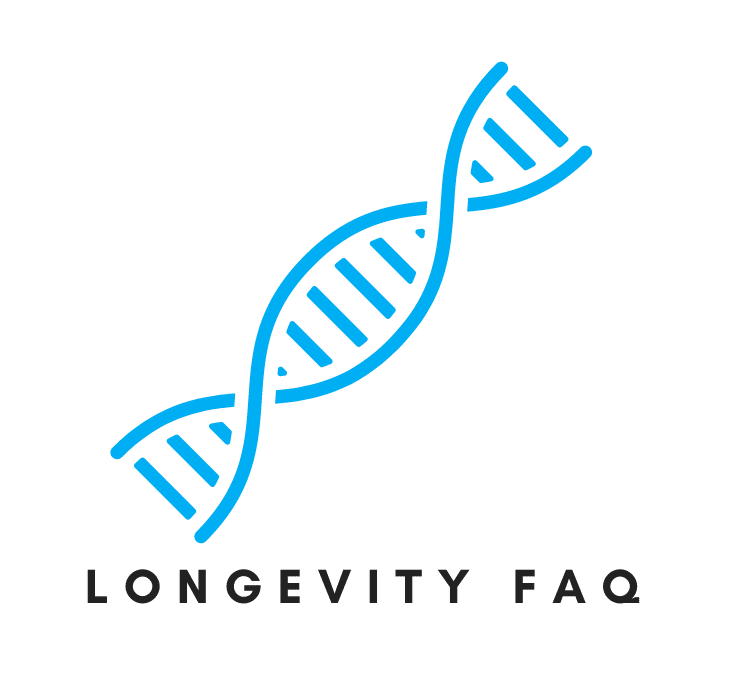
Biohacking is a relatively recent concept involving individuals taking control of their biology to optimize their body, mind, and overall well-being. With its roots in the DIY biology movement, biohacking emerged as people began experimenting with various methods to enhance their physical and cognitive performance. From fitness enthusiasts and nutrition experts to Silicon Valley tech workers, biohacking has become a popular movement among those seeking to optimize their health and push
the boundaries of human potential.
Biohackers optimize their health in various ways, from simple lifestyle changes to more invasive procedures. Standard practices include intermittent fasting, tailored exercise programs, meditation, supplementation including nootropics, and implanting devices like RFID chips. The choice of method often depends on the individual’s goals and the extent to which they are willing to push the boundaries of self-experimentation.
Here is a video from ABC Australia, a good introduction to Biohacking.
There are over 10 main concepts that makeup biohacking; some of these include:
- Nutrigenomics and personalized nutrition
- Cognitive enhancement and nootropics
- Genetic engineering and CRISPR technology
- DIY biology and home-based experimentation
- Wearable technology and biometric monitoring
- Implantable devices and body modification
- Life extension and anti-aging
- Biofeedback and mind-body techniques
- Sleep optimization and circadian rhythm management
- Exercise and fitness hacking
Some famous biohackers include:
- Dave Asprey founded Bulletproof and wrote “The Bulletproof Diet.”
- Ben Greenfield is a renowned fitness expert and author of “Beyond Training.”
- Tim Ferriss, an entrepreneur and author of “The 4-Hour Workweek” and “Tools of Titans.”
- Aubrey de Grey, a gerontologist and author of “Ending Aging.”
These individuals have contributed significantly to the biohacking movement by sharing their knowledge, experiences, and research with the broader community.
While biohackers and those pursuing longevity share a common goal of optimizing health and well-being, their approach has a subtle difference. Longevity enthusiasts specifically focus on increasing their lifespan and delaying aging, often through similar methods as biohackers. However, biohackers are more focused on maximizing their potential in all aspects of life, not just extending their lifespan. The two groups often overlap in their methods, but their ultimate goals may differ slightly.
« Back to Glossary Index